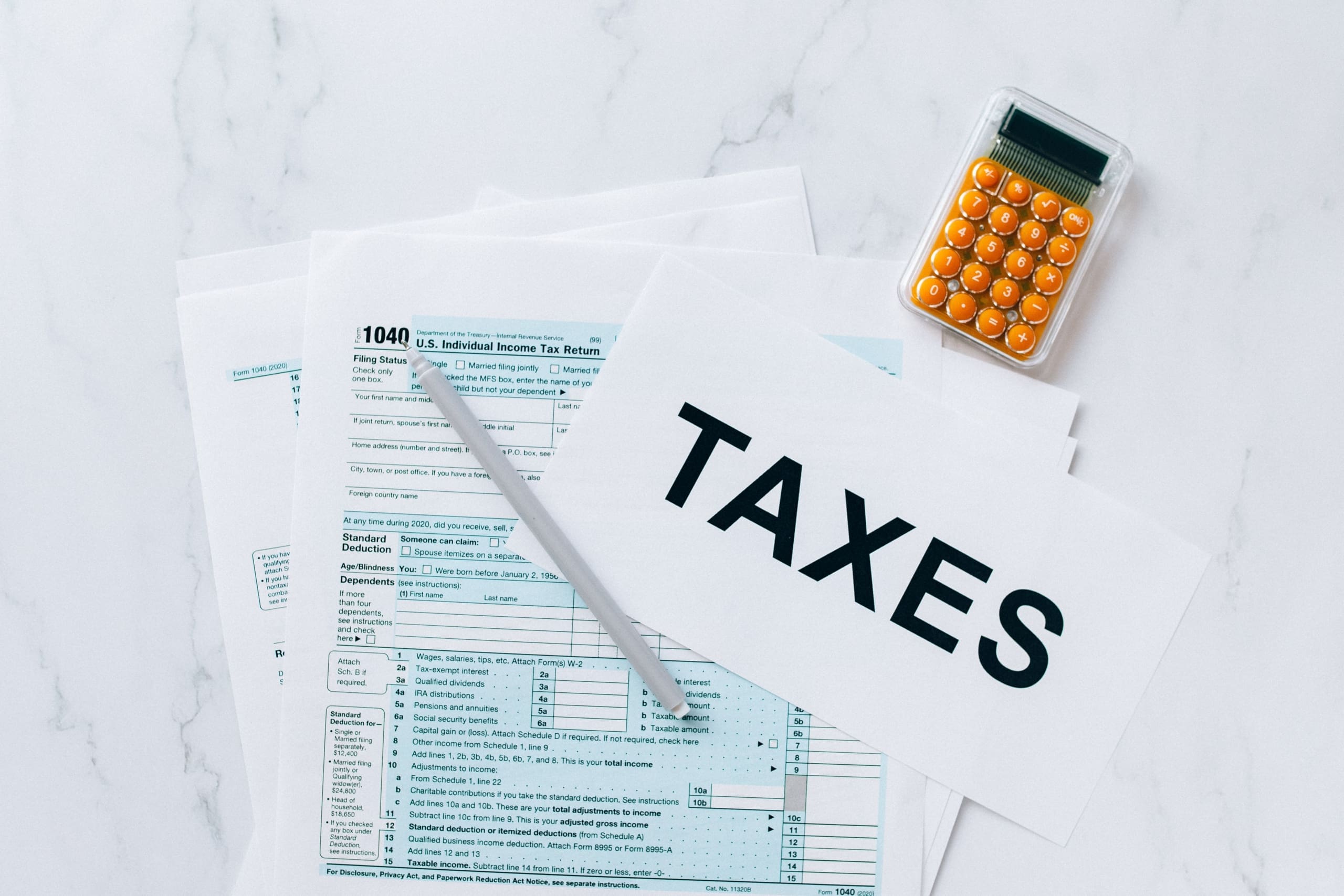IRS TAX DEBT & BANKRUPTCY
There is a common misconception that income taxes are never dischargeable in bankruptcy. The truth is you can discharge federal, state, and local income taxes in Chapter 7, Chapter 13, and Chapter 11. Penalties and interest are also dischargeable. Determining which back taxes are dischargeable can be complex. However, it is possible to discharge significant income tax debt in bankruptcy if your tax debt fits within the following rules:
The 3 Year, 2 Year, and 240 Day Rules
The Bankruptcy code sets out specific time periods that determine if you can discharge your taxes, often called the 3-year, 2-year, and 240-day rules. Under these rules, you can discharge taxes that came due 3 years before filing for bankruptcy, as long as it has been at least 2 years since you filed the tax forms and 240 days since the taxes were assessed. These rules are complex and often misunderstood. You should meet with one of our attorneys to go over your tax records.
1. The 3-Year Rule. This rule states that to discharge your back income taxes, they must become due at least three years before you file for bankruptcy. Bankruptcy Code §507(a)(8)(A)(i). Typically, your federal and most state income taxes become due on or around April 15th of each year. In most cases, it is simply a matter of adding three years to this due date to determine the earliest date you can file for bankruptcy and still discharge your taxes.
Example: Joe’s 2022 federal income taxes are due on April 15, 2023. If Joe owes taxes for that year and wants to discharge them, the earliest he can file for bankruptcy is April 15, 2026 (April 15, 2023, plus 3 years).
Regardless of the initial due date, if you file for and receive an extension of time in which to file your taxes, the due date falls on the day the extension expires.
2. The 2-Year Rule. Under the 2-year rule, your income tax returns must have been filed at least two years before filing your bankruptcy petition. This requirement allows you to discharge your taxes, even if you filed your tax forms late, as long as you file them at least two years before filing for bankruptcy, §523(a)(1)(b)(ii).
Example: Jill’s income taxes were due on April 15, 2023. Jill did not get an extension. However, she did submit her tax forms late on June 1, 2023. If Jill wants to discharge her 2023 taxes, she cannot file for bankruptcy until two years from the date she filed her taxes AND more than three years from the date the taxes were due.
What if you did not file? If you did not file an income tax return in a given tax year, any taxes assessed by the IRS for that year are not dischargeable. §523(a)(1)(b)(i). We sometimes see clients whose taxes would have been dischargeable, if only they had filed their tax forms. If your tax debt is significant, we may advise you to file your tax forms and wait to file bankruptcy.
Quick Point: If the IRS files a return on your behalf, it is not considered a filed return for the purposes of this rule. You must still file a tax form for that year.
3. The 240-Day Rule. Taxes must be assessed at least 240 days before you file for bankruptcy under this rule or not assessed at all. As a practical matter, the date of assessment is typically on or near the date you filed your income tax form (assuming the IRS and you agree on the amount of taxes owed). However, if you file a correction, or a change results from an IRS audit, the assessment date may be substantially later. §507 (a)(8)(A)(ii).
If you are in a dispute with the IRS regarding how much you owe and plan to file for bankruptcy, you should inform your bankruptcy lawyer of the dispute. A tax dispute can impact the assessment date.
Quick Note: If back taxes are an issue, it may be necessary to order an IRS “account transcript” (sometimes called a “literal transcript”) for the tax years in question. The account transcript typically includes the assessment date. Note that this is not the same as a “tax return transcript”. You can order an account transcript from the IRS over the phone or online, or by using IRS Form 4506T.
Other actions can add additional time to some or all of the 3-2-240 time requirements, including (a) making an offer in compromise, (b) having filed for bankruptcy previously, or (3) obtaining a taxpayer assistance order. §507(a)(8)(A)(i). However, simply entering into a payment arrangement with the IRS does not toll the statute of limitations.
Other Issues
Tax Evasion and Fraud. If a taxpayer willfully evades taxes or commits tax fraud, the taxes involved are not dischargeable. §523(a)(1)(C). However, the Bankruptcy Code means deliberate tax evasion, not an honest mistake.
Penalties and Interest. Penalties and interest assessed by a taxing authority are dischargeable, along with the taxes. In other words, if the taxes are dischargeable, the penalties and interest attached to them are dischargeable as well.
Tax Liens. Discharging income taxes in bankruptcy does not remove a tax lien. You can certainly file for bankruptcy with a tax lien, and the underlying debt will be discharged, if you meet the requirements of the 3-2-240 rules. However, the lien against property you acquired before bankruptcy still stands. Discuss the implications of this with one of our attorneys.
MORE INFORMATION
The tax rules are complicated and the above discussion is not legal advice. We will need to spend some time with you and your tax records before we give you legal advice.
At Keegan & Company Attorneys we offer a free consultation with a knowledgeable attorney to discuss your individual situation. Call 513-752-3900 to schedule your free consultation at our office.















